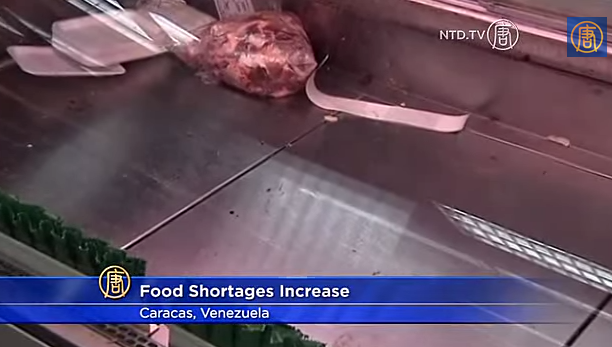Sounds crazy, but this really happened. Our wonderful principal thought it would be in everyone's best interest to learn CPR and get certified. I also agree that learning CPR is pretty important especially when you work with children. So, we plunged into fall break with professional development ie. CPR training.
To speed up the process we broke off into groups of 4-5 people. My group finished demonstrating our mastery of CPR pretty early, so we sat back and watched the other groups in action. I noticed a middle aged woman seriously struggling to deliver the chest compressions and rescue breaths. I'm not the only one who noticed this because I saw other heads turn in see what was going on. Naturally, I was curious to find out who the poor woman was, so I asked my colleague sitting next to me. She leaned in close to my ear and whispered, "that's the nurse!"
I stared back at her with wide eyes. I couldn't believe it. My colleague noted my surprise and said, "girl, I'm dead serious, that's the nurse."I proceeded to shake my head in disbelief as my colleague then whispered, "if somebody passes out, you better say a prayer because the nurse can't help."
Apparently the CPR instructor noticed the struggle taking place, so she said, "can someone give this woman some assistance?" The look on her face was priceless when someone informed her that "this woman" was the school nurse for the school district.
Here in "the county" we have a long standing practice of hiring people who are under qualified and holding on to them even when there is evidence that the person is incapable of doing what the position requires.
The struggle is real.






